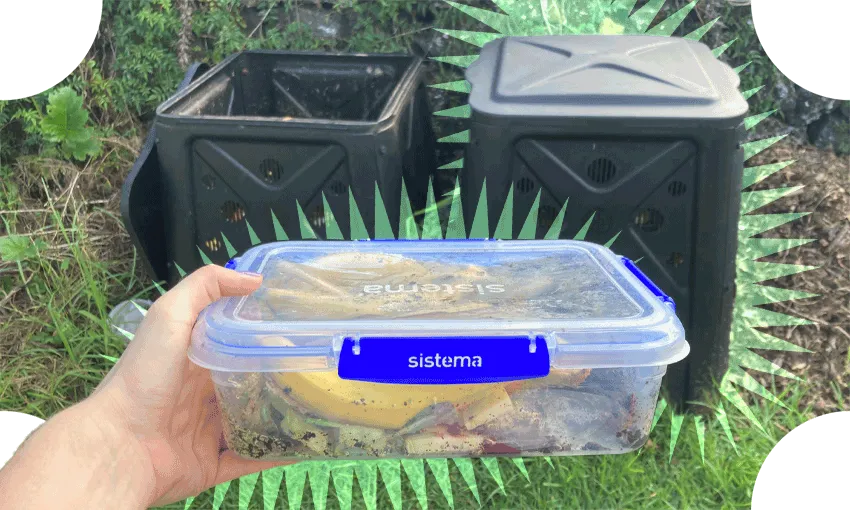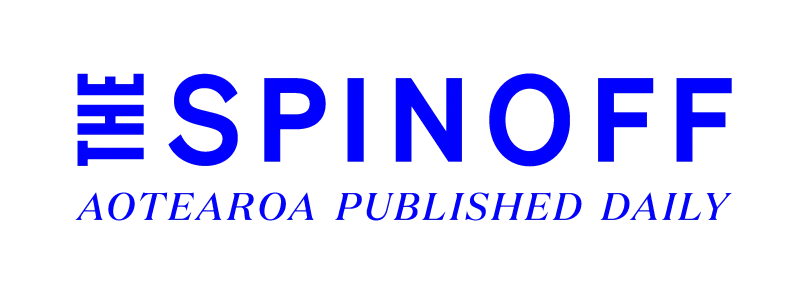Is now the time for workers to strike?
After 18 months of failed pay negotiations, 10,000 health workers will strike in May.
Mōrena and welcome to The Bulletin for Thursday, April 21, by Anna Rawhiti-Connell. Presented in partnership with Z Energy.
In today’s edition: Solomon Islands and China pact signed; Te Pāti Māori “kingmaker” in new poll; Three picks up rugby rights; but first, health workers will strike.
Allied health workers will hold a 24-hour strike on May 16 (Image: RNZ/123RF)
10,000 allied health workers to strike after months of failed negotiations.
The Public Services Association (PSA) union confirmed yesterday that district health board (DHB) allied health workers would hold a 24-hour strike on May 16. It comes after 18 months of negotiations on a new multiemployer collective agreement. A pay offer was rejected in February and a strike planned for March. DHBs lodged an injunction to get those strikes stopped and they didn’t go ahead after the Employment Court ruled them illegal on the basis that they referenced a pay equity dispute that was being separately negotiated. The vote to strike followed several days of facilitation by the Employment Relations Authority that didn’t yield a settlement. In March Carly Gooch at Stuff spoke to allied health workers in Nelson, including one who said her rate of pay was $22.17 an hour. The living wage is $22.75.
Who are ‘allied health workers’?
These kinds of terms are a bit amorphous and don’t help put faces to the people who play a critical role in our healthcare system. Allied healthcare workers are healthcare workers who aren’t part of the medical, dental or nursing professions. Within hospitals they are the people who ensure the instruments used to operate on you are sterilised. They are the lab workers who have processed millions of PCR tests for Covid-19. They are physios who get you walking, breathing at full capacity and home to recover, and social workers who assist DHB staff in dealing with victims of family violence. They are dietitians, pharmacists and prosthetists. Most have done a three year bachelor's degree at the least as training and probably have a student loan.
Australia, KFC and Bunnings hold more appeal.
Just last week, Dr Emma Espiner wrote about a “system” held together “by bonus payments, good will and a refusal to let our colleagues and patients down”. We’re two years into a pandemic and health workers, appreciated by a grateful nation, are still dealing with the omicron outbreak. Borders are open and the PSA says members are responding to approaches from Australian recruiters, while others say they’re leaving their jobs in the health sector to work at KFC or Bunnings where pay is better.
Workers want more than peanuts
Unsurprisingly irked by the offer of $10 and $50 payments, peanuts and, for some lucky staff, a pen as thanks from DHBs, conditions seem about right for health workers to be asking for more. Inflation is driving up the cost of living, the labour market is tight and and for many on a fixed income, asking for a pay rise, is the only way to ensure they don’t go backwards. In February, Rebecca Macfie wrote a piece for Newsroom titled “Workers willing to strike while inflation’s hot”. You could surmise that this planned industrial action from allied health workers is a good gauge of the current temperature in the room and mood of the worker in Aotearoa.
A note from deputy editor Alice Neville:
While most vaccine mandates have ended and the occupiers have left parliament grounds, the story is far from over. As Covid continues to spread, so does mis- and disinformation, which makes fact-based and level-headed journalism more important than ever. We’re keeping a close watch on this ongoing story, from the inadequate regulation of disturbing online content, to those trying to turn the parliament occupation fury into a political force, to the next target of the protest ringleaders. But we can’t do this – or the award-winning collaborations between Toby Morris and Siouxsie Wiles, painstakingly, sensitively reported investigations or up-to-the-minute live updates – without your support. As we continue to struggle against commercial pressures, contributions from our members are more critical than ever. If you want to support what we do, please consider becoming a member today. Donate now.
PM can’t just drop Chinese president a WhatsApp over Solomon Islands security pact.
In responding to the news that China has signed a defence agreement with the Solomon Islands, prime minister Jacinda Ardern denounced it, expressing concerns about the militarisation of the Pacific, but said she hadn’t raised it with Xi Jinping. The signing of the pact was confirmed via a text message to the ABC from Solomon Islands Foreign Minister Jeremiah Manele and announced in Beijing on Tuesday. In Australia, Labor’s foreign affairs spokesperson, Penny Wong, has labelled the agreement “the worst Australian foreign policy blunder in the Pacific” in decades.
A new poll positions Te Pāti Māori as ‘kingmaker’.
A new Taxpayers' Union-Curia poll has the National Party on 37.8%, just one point ahead of Labour. Based on the poll of a sample of 1000 eligible New Zealand voters, the Labour/Green bloc would still have more seats than a National/Act coalition. National could not govern without the support of both Act, which is a likely pairing, and Te Pāti Māori, which Audrey Young assesses as being less likely in this interactive piece for the NZ Herald (paywalled). The poll was conducted between April 7 and April 13, before Christopher Luxon backtracked on his position as holiday breaker.
Three strikes to be struck out.
The Detail takes an in-depth and reflective look at the three strikes law which was introduced 12 years ago and is due to be repealed. The law has always been contentious. Former justice minister Andrew Little described it as “absolutely absurd" and Labour promised to repeal it. NZ First blocked that move in 2018. Now, five years on, a law that’s been criticised for jeopardising judicial independence, prompting judges to invoke the “manifestly unjust” clause at sentencing, will be ditched. The justice select committee will report back in mid-May and from there, the majority Labour government can finally make good on their 2017 election promise.
Three picks up rights to women’s rugby world cup.
Announced this morning, Duncan Grieve, host of The Fold, says the move is a big story during a chaotic and fascinating year for the media industry. “Since the launch of Spark Sport the telco has had a very friendly relationship with TVNZ – this move shows that Discovery has convinced Spark to play the field with its biggest asset of the year. It comes in the shadow of two huge mergers - Three's owners Discovery joining forces with WarnerMedia, and the TVNZ/RNZ merger. It's also a setback for brand new TVNZ CEO Simon Power, who has key staff that will be bitterly disappointed by this outcome.”
Shrekapo gets shorn.
Shrekapo is a massive merino sheep. His name is a portmanteau of fellow famous merino sheep Shrek, who evaded being shorn for six years, and Tekapo, where he was shorn at the Easter Show. This story from Farmer’s Weekly has a splendid picture of Shrekapo, who has been free-woolling for four years. He was finally found, “wool blind”, and shorn by world champion shearer Tony Dobbs. Dobbs says they're now calling him Spaceman as he’s a bit wobbly and disoriented, like someone returning from space, without the weight of his wool.
Got some feedback about The Bulletin, or anything in the news? Get in touch with me at thebulletin@thespinoff.co.nz
What can you do with your food waste when you live in an apartment and don't have a compost bin? Alex Casey finds out; Madeleine Holden charts the rise and fall of "Karen" as an insult; The Real Pod learns the shocking truth behind a 2019 news story about Mike Puru and a bad McChicken; Thomas Nash explains what the IPCC's latest report tells us about the future of Wellington; Alie Benge writes about accidentally becoming the face of New Zealand's brain drain.














